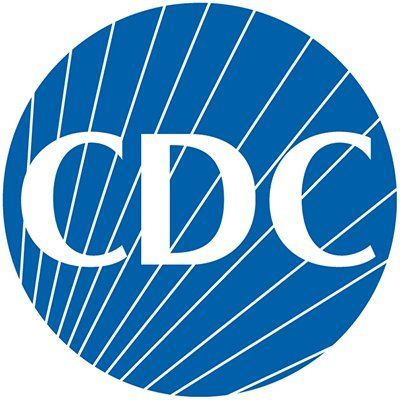Cocaine Overdoses Involving Opioids Increasing in the Last Decade
The age-adjusted rate of overdose deaths involving cocaine was 4.9 per 100,000 individuals in 2019.

A new report issued by the US Centers for Disease Control and Prevention (CDC) shows overdose rates involving cocaine and opioids has drastically increased between 2009-2019.
A team, led by Holly Hedegaard, MD, examined the concurrent involvement of opioids on drug overdose deaths involving cocaine and other psychostimulants such as methamphetamine, amphetamines, and methylphenidates and identified trends from 2009-2019 and differences by census regions in 2019.
“From 2009 through 2016, the rate of overdose deaths involving psychostimulants without opioids was higher than the rate involving both psychostimulants and opioids,” the authors wrote. “From 2017 through 2019, this pattern reversed with higher rates for overdose deaths involving both psychostimulants and opioids.”
The Numbers
There were a total of 16,167 drug overdose deaths in 2019 involving psychostimulants in the US, 53.5% of which involved an opioid. The overall percentage of psychostimulant-involved overdose deaths that also involved an opioid was highest in 79.6% in the Northeast, but also 60.4% in the Midwest, 54.3% in the South, and 43.6% in the West.
The age-adjusted rate of drug overdose deaths involving cocaine was relatively stable between 2009-2013. However, this rate more than tripled from 1.6 per 100,000 in 2013 and 4.9 in 2019.
This increase was also found for deaths involving both cocaine and opioids.
“The rate of drug overdose deaths involving both cocaine and opioids increased nearly 5.5 times from 0.7 in 2009 to 3.8 in 2019, while the rate of overdose deaths involving cocaine without opioid involvement increased just over 1.5 times from 0.7 to 1.1,” the authors wrote.
The Pace
A key finding from the study is that cocaine and opioid overdose deaths increased at a faster pace than the overall overdose rate of deaths with cocaine without opioids.
For example, in 2019 75.5% of overdose deaths that involved cocaine also involved an opioid for a total of 15,883 overdose deaths. However, this largely varied by region, ranging from 83% in the Northeast to 63% in the West.
While the rate of overdose deaths involving psychostimulants without opioids was higher than the rate of deaths involving both drugs between 2009-2016, this patterns was reversed with a higher rate of deaths involving both psychostimulants and opioids between 2017-2019.
The age-adjusted rate of drug overdose deaths involving psychostimulants increased 10 times from 0.5 per 100,000 in 2009 to 5.0 in 2019, while the rate of drug overdose deaths involving both psychostimulants and opioids was stable from 2009 through 2012, then increased from 0.3 in 2012 to 2.8 in 2019.
The researchers also found the rate of overdose deaths involving psychostimulants without opioid involvement went from 0.3 per 100,000 individuals in 2009 to 2.3 per 100,000 people in 2019.
Overall, the report could be used to drive public health campaigns that attempt to decrease the growing drug problem in the US.
“The findings highlight increases in the co-involvement of opioids in drug overdose deaths involving cocaine and psychostimulants in recent years,” the authors wrote.
The report, “Co-involvement of Opioids in Drug Overdose Deaths Involving Cocaine and Psychostimulants,” was published online by the CDC.